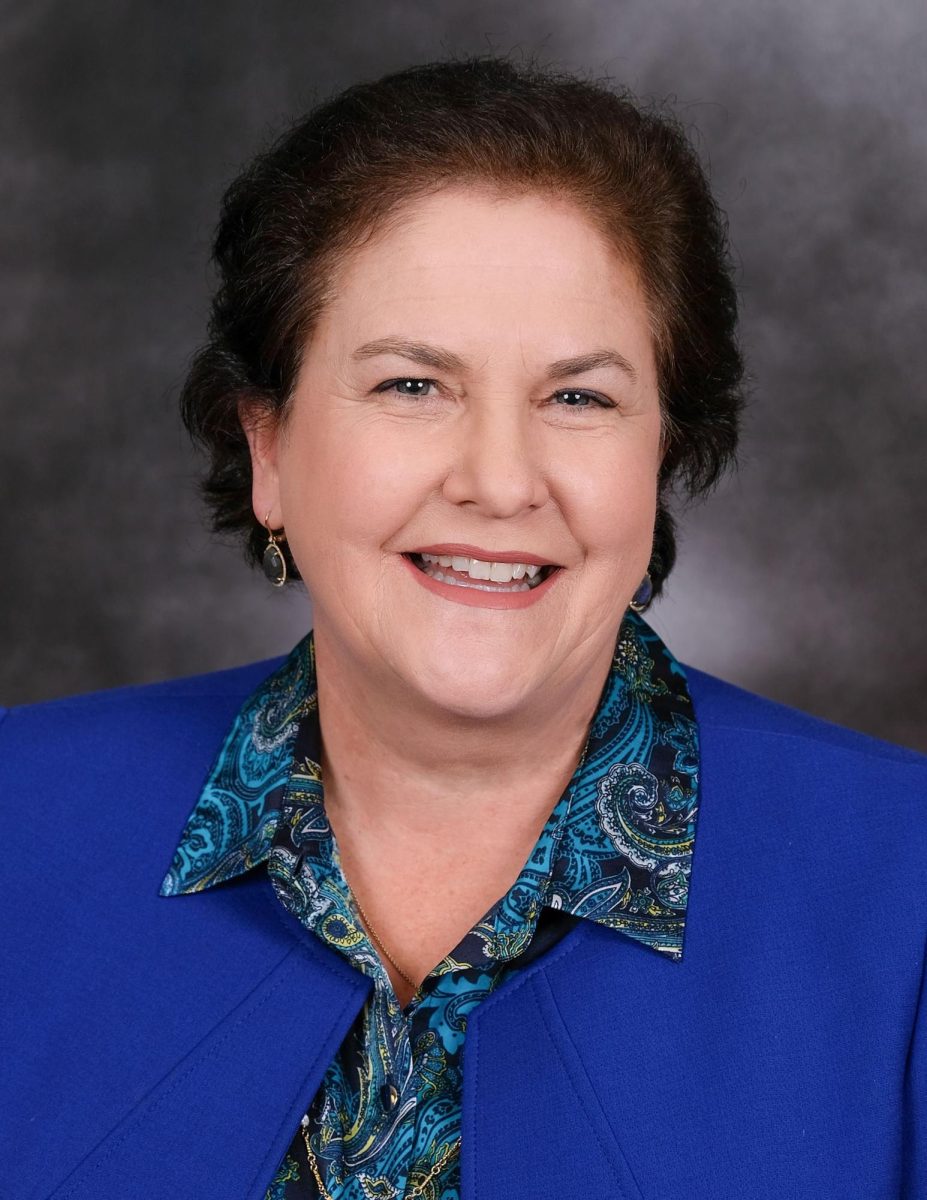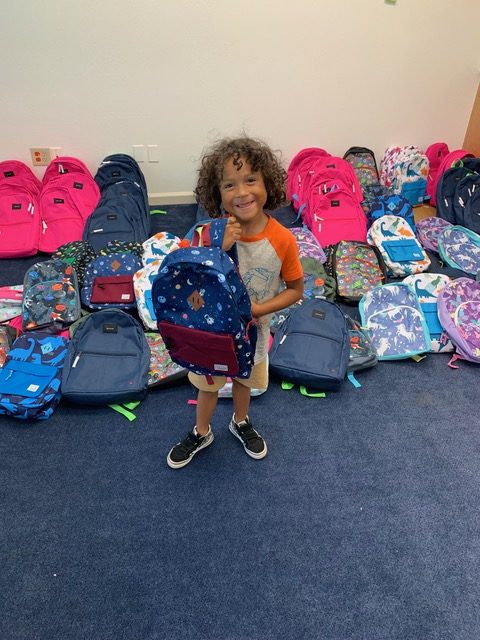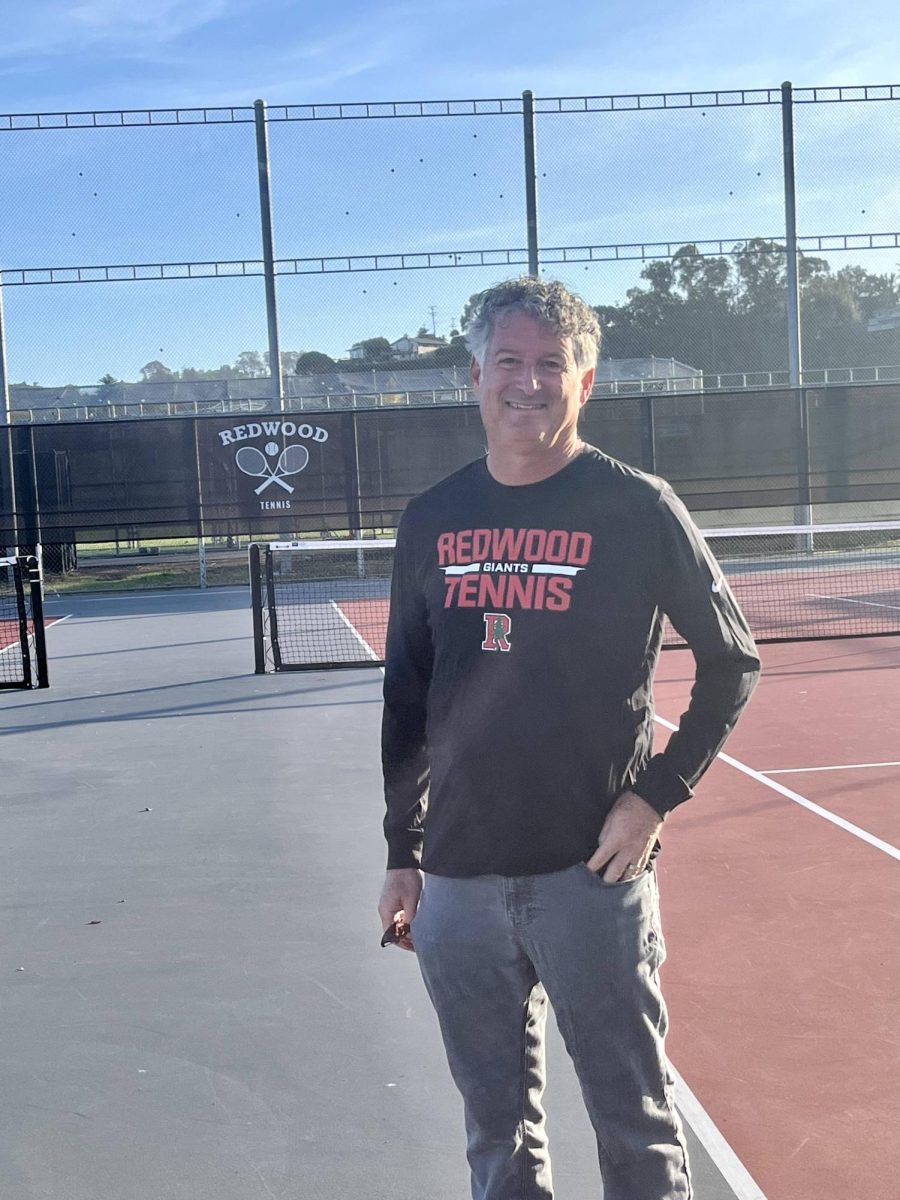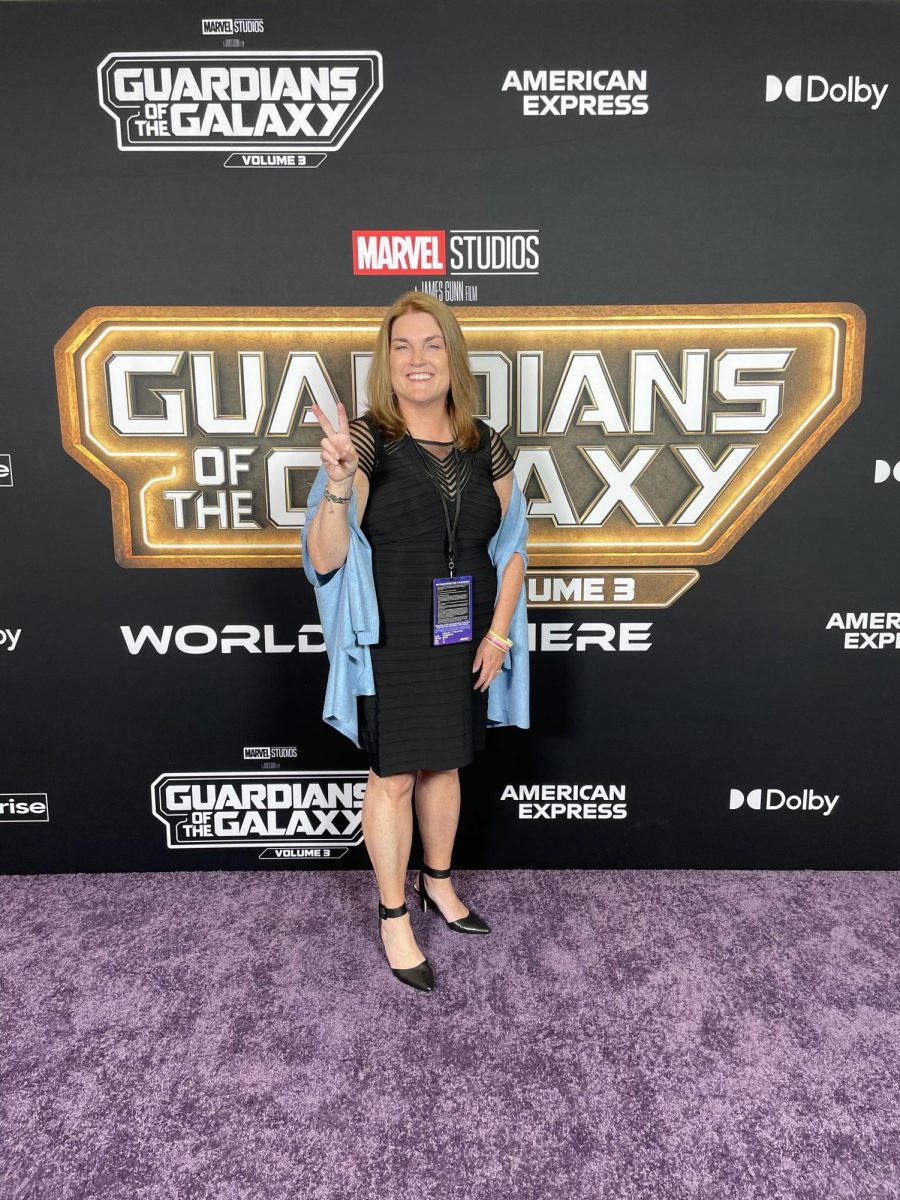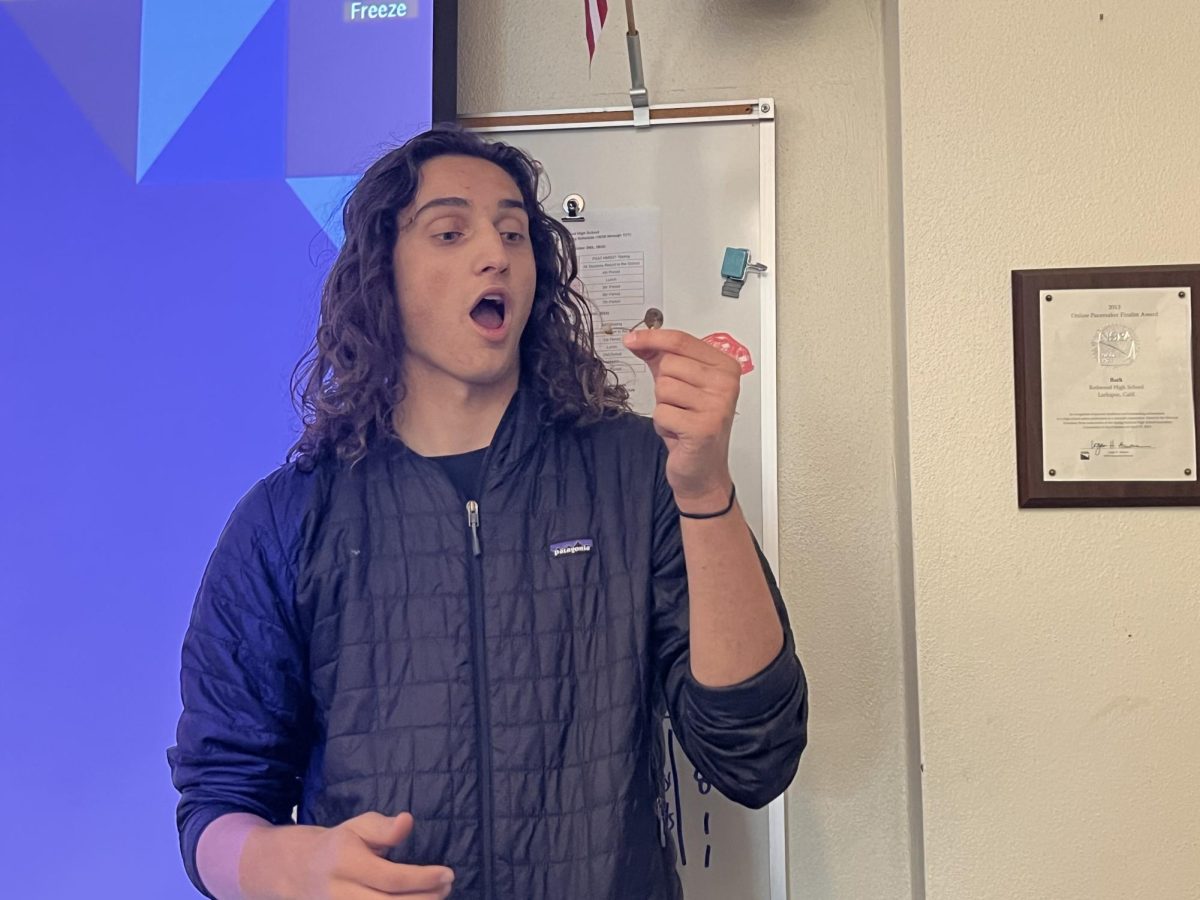
“If I wanted to say hi,” said Norm Milstein, “It’d be hopper skippel gibble hiddle skiddle dibber godilvo gee wuddle wubby –and that just means hi.”
Milstein, a common substitute teacher at Redwood, is well known for his “longtalk,” a special code he invented as an in-classroom science experiment.
Last spring, Milstein began creating a new longtalk with Paul Belz, a friend and fellow teacher.
“I had a theory that a complex comical verbal stimulation would be good for students who’re feeling a lot of academic pressure in class,” Milstein said. “As long as it didn’t interrupt school or their studies but was provided in an appropriate way, both for stress relief and for a little bit of comedy.”
“When you can get kids to think a little different from how they do normally it really gets them to grow intellectually – inspires them to examine other things around them,” Belz said. “I think the more creativity we can bring into a classroom the better.”
“One of the questions I had looking at this scientifically would be if other people would by interested in learning it,” said Milstein. “I thought it’d be more meaningful if [Belz] was involved in creating his own version so we got together over the summer and created the beginnings of a new longtalk.”
Along with Belz, Milstein has taught the concept of longtalking to several others, but the two are in the process of starting something similar to Milstein’s original model.
The new version, inspired by the first, has an average of four to five syllables per letter, unlike the original, which doesn’t have a set amount of syllables for letters. For example, “hi” in the new longtalk would be “hipperooni icy pickle”.
As for the model idea, Milstein went through a process.
“I literally sat down at a small café in Davis, California where I was living at the time and somebody had left their giant styrofoam cup on the table,” said Milstein. “I was just idling away and these ideas were coming – I remember being like ‘oh they’re wasting this cup’ and I just started writing things out on [the cup] and then on paper – it all happened pretty quickly.”
Milstein and Belz, both prior locals to Davis, originally met in the 1990’s at a café where both went for poetry readings.
“We’re both poets,” said Belz. “We both like to use language creatively.”
In order to stay organized, Milstein records his codes in the “human vocalization exploration survey”; The Huvex Database, a program he created to keep track of his ever-progressing project. Both longtalks are currently, fully recorded, and both still growing and developing.

